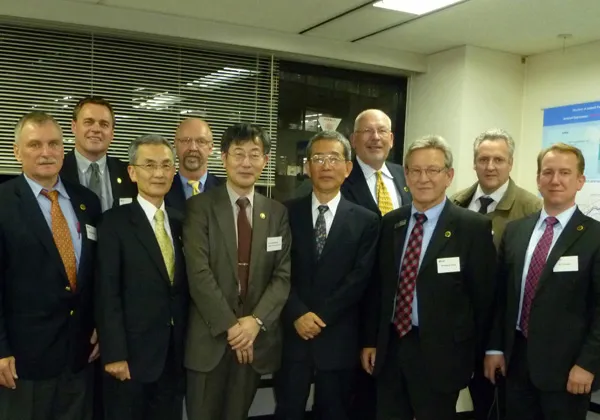Road authorities and safety specialists worldwide recognise that the most dangerous part of a longitudinal barrier is the end. A crashworthy end treatment must be able to act both as a redirecting anchor and an impact cushion to errant motorists. The highway safety community has responded to this engineering challenge through continuous investment in innovation over the past 50 years. The resulting “crashworthy” terminals commercially available today reduce the deceleration and avoid ramping, rolling or pit
June 14, 2012
Read time: 2 mins

Road authorities and safety specialists worldwide recognise that the most dangerous part of a longitudinal barrier is the end. A crashworthy end treatment must be able to act both as a redirecting anchor and an impact cushion to errant motorists.
The highway safety community has responded to this engineering challenge through continuous investment in innovation over the past 50 years. The resulting “crashworthy” terminals commercially available today reduce the deceleration and avoid ramping, rolling or pitching, and in many cases, avert serious injuries and death. The continued presence of obsolete forms of terminal treatment, including “Fishtails”, “Spoons” and “Turned-Down Ends” should be a concern to road authorities everywhere. Too often design engineers simply look at the previous project and use the same drawings for the new project, sometimes with disastrous consequences for road users.The
Commenting on the launch of the campaign, IRF executive vice president and TRB Roadside Safety Design Subcommittee co-chair Mike Dreznes noted: “the







